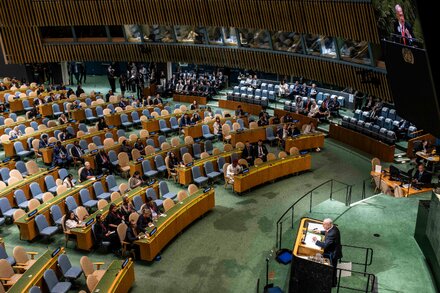The evolving landscape of digital finance has sparked a fundamental debate about the future of money and the entities best positioned to steward it. As discussions around cryptocurrency, stablecoins, and central bank digital currencies (CBDCs) intensify, a critical question emerges: should “crypto interests” be entrusted with shaping the foundational elements of global monetary systems?
Recent years have seen a surge in both innovation and scrutiny within the digital asset space. Proponents advocate for the efficiency, transparency, and decentralization that blockchain technology can offer, potentially democratizing finance and reducing reliance on traditional intermediaries. However, critics point to a series of high-profile market collapses, instances of fraud, and persistent volatility as reasons for significant caution.
Concerns often center on consumer protection, market integrity, and systemic risk. The decentralized nature of many crypto projects, while celebrated by some, also presents challenges for regulatory oversight and accountability. Unlike traditional financial institutions, many crypto platforms operate with less stringent capital requirements, disclosure rules, and dispute resolution mechanisms, raising questions about their suitability for managing a public good as vital as money.
“The core of the debate isn’t just about technological advancement; it’s about the very bedrock of trust,” a financial analyst recently observed. “When we consider the stability and reliability required for a universally accepted medium of exchange, the question becomes stark: do we genuinely want to hand over the future of our financial system to entities that have, at times, struggled with transparency, robust consumer safeguards, or even basic operational resilience?”
The discussions extend to the role of stablecoins—digital tokens pegged to a stable asset like the U.S. dollar—and the potential for a digital dollar or other CBDCs. While stablecoins aim to mitigate crypto’s volatility, their reserves and operational integrity have come under intense examination. Meanwhile, central banks globally are exploring CBDCs as a way to combine the benefits of digital innovation with the stability and oversight of state-backed currency, often positioned as a direct counterpoint to purely private digital money initiatives.
Regulators worldwide are grappling with how to integrate digital assets into existing financial frameworks without stifling innovation or exposing consumers and the broader economy to unacceptable risks. This includes developing new licensing requirements, anti-money laundering (AML) protocols, and consumer protection laws specifically tailored for the crypto ecosystem.
Ultimately, the discourse underscores a fundamental tension: the allure of technological innovation versus the imperative for financial stability, consumer trust, and governmental accountability. As nations and financial institutions weigh the potential benefits and significant risks, the question of who deserves to steward the future of money remains at the forefront of policy discussions.
Source: Read the original article here.





